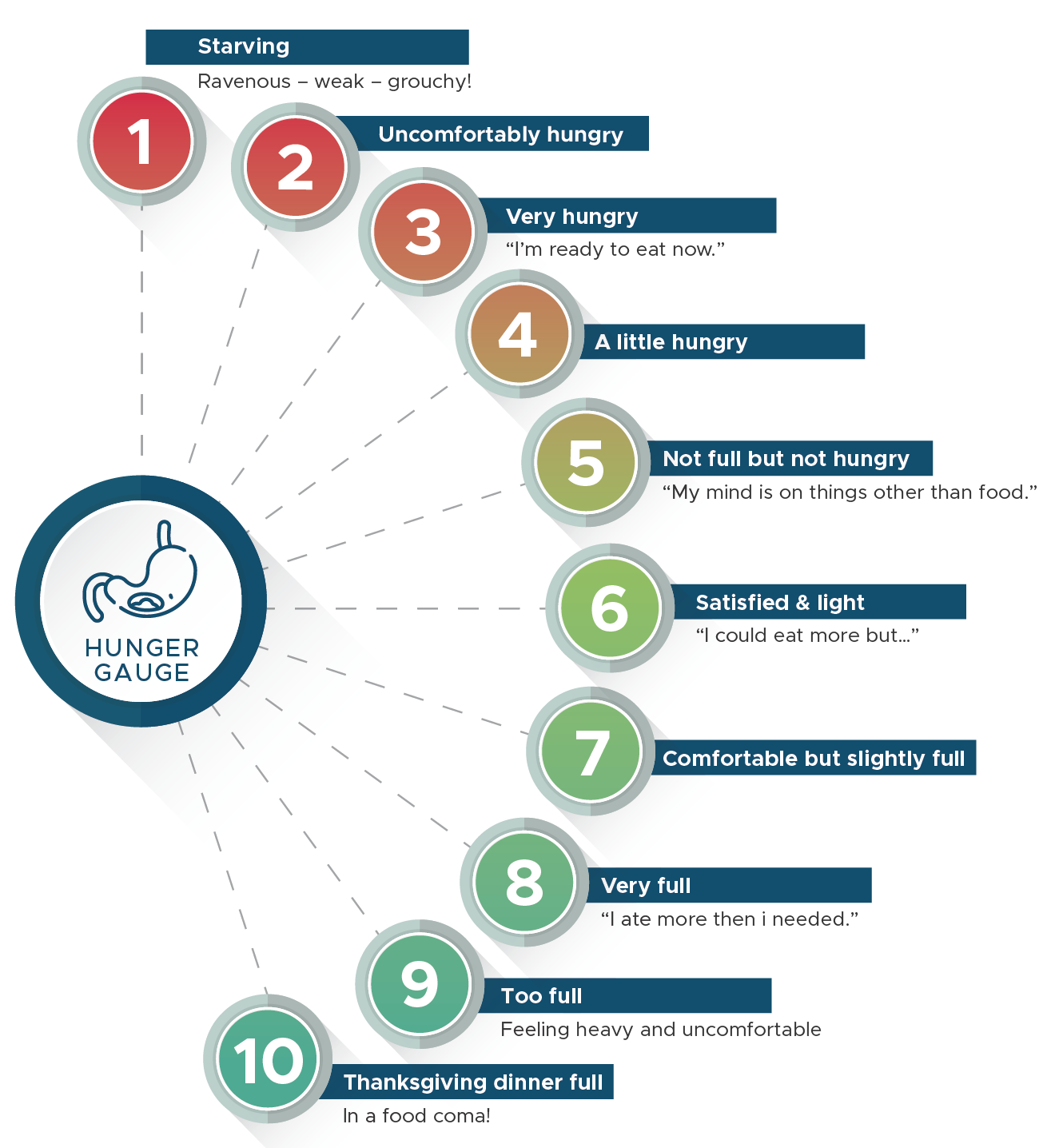As we age, our health generally becomes a top priority. Diet and eating habits become a big part of the change, but we’re often unaware of habits that affect our health. We’ve talked about mindless eating, but there’s a good way to monitor how you eat – without hassle and unnecessary restrictions. Practice intuitive eating. Being able to gauge your hunger allows you to connect with your appetite and manage your diet accordingly – avoiding overeating and promoting better food choices.
From the mouths of babes
These days there are infinite ideas, opinions and theories around how and what we should eat, and it can be overwhelming. Often we blindly follow the trend or a recommendation from ‘health professionals’, without listening to our own bodies. Odd as it may be, we should look to babies as perfect examples of intuitive eaters. They eat when they’re hungry and they stop when they’re satisfied. Basically, they listen to their tummies. Let’s learn from them, shall we?
Age has a wonderful way of changing our attitudes when it comes to “being an ideal weight or have perfectly sculpted abs and shoulders.” We can do what we want to, when we want to. Our gut is the only place this isn’t the healthiest attitude. Let your stomach tell you when to eat and how much – just because something tastes amazing doesn’t mean you should have more! If you’ve already got the beer belly going for you, get it under control before it takes control of your health. It’s time to start genuinely listening to your body.
The Hunger Gauge
Here’s a scale from one to ten. Let’s see what your body is telling you.

Psychological vs Physical hunger
Maybe, instead of fasting, portion control or living on liquids, we should try to connect with our natural appetite and hunger levels. But first, we need to learn the difference between physical and psychological hunger. Emotions like stress, boredom, sadness and happiness may impersonate hunger – but don’t be fooled, this is generally not your body needing food.
Remember the babies? Our stomachs will send signals when they need fuel – we just need to learn to pay more attention to them.
Slowly but surely, you’re likely to start eating consciously rather than emotionally. You’ll find yourself more in control of your eating habits.
Sounds ideal, but how?
Tips to optimise how you use the hunger gauge:
- Focus on what you’re feeling before you plan on eating. Forget about when last you ate, let you stomach tell you how hungry you are from a scale of 1 – 10.
- Eat slowly, give your stomach time to tell your brain your level of fullness. This will prevent overeating.
- Just because there is food on your plate doesn’t mean you have to finish it. It can be a good idea to stop eating before you feel too full to avoid taking in more food than your body needs. Refer back to the scale before you eat that last bite.







Comments